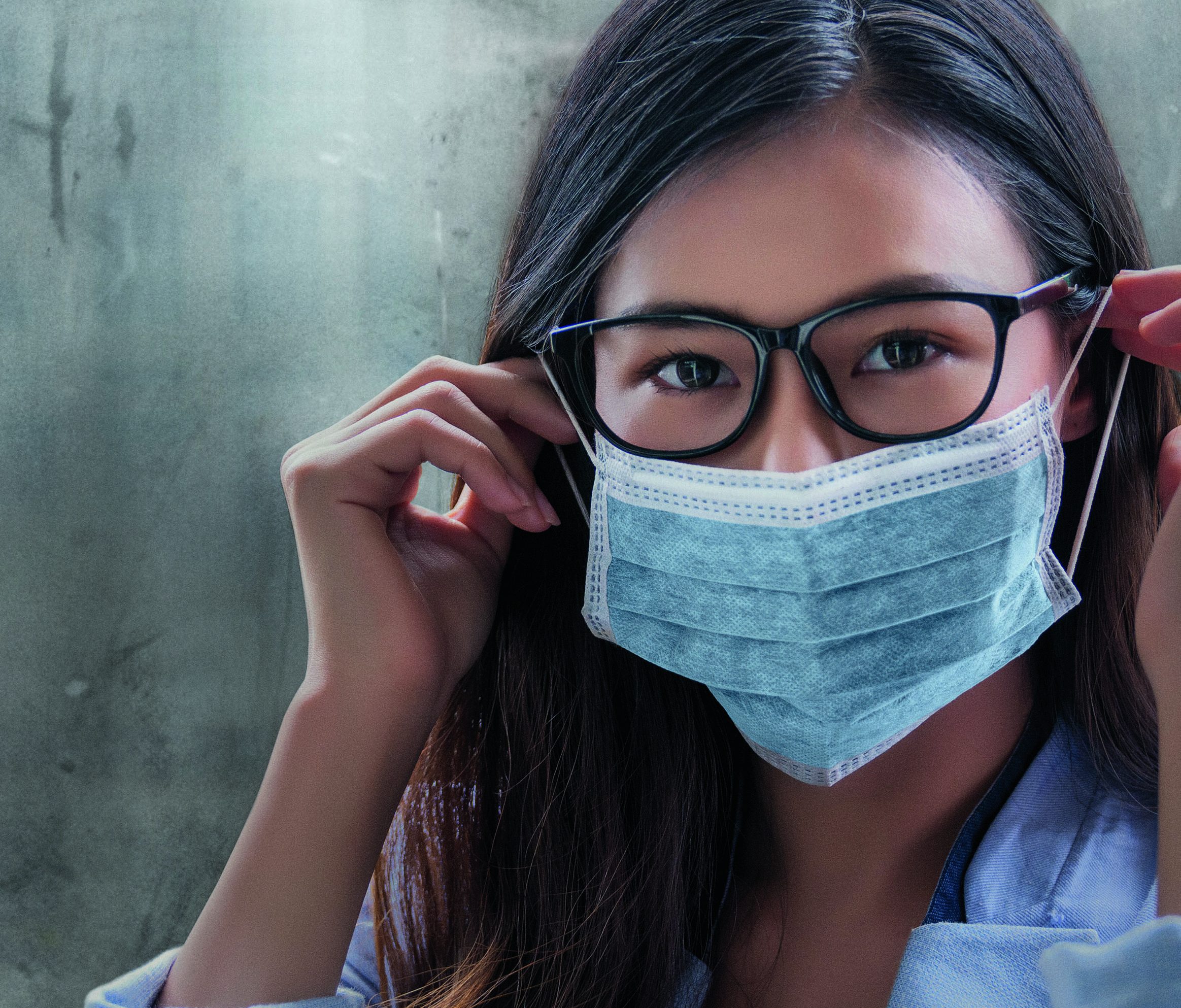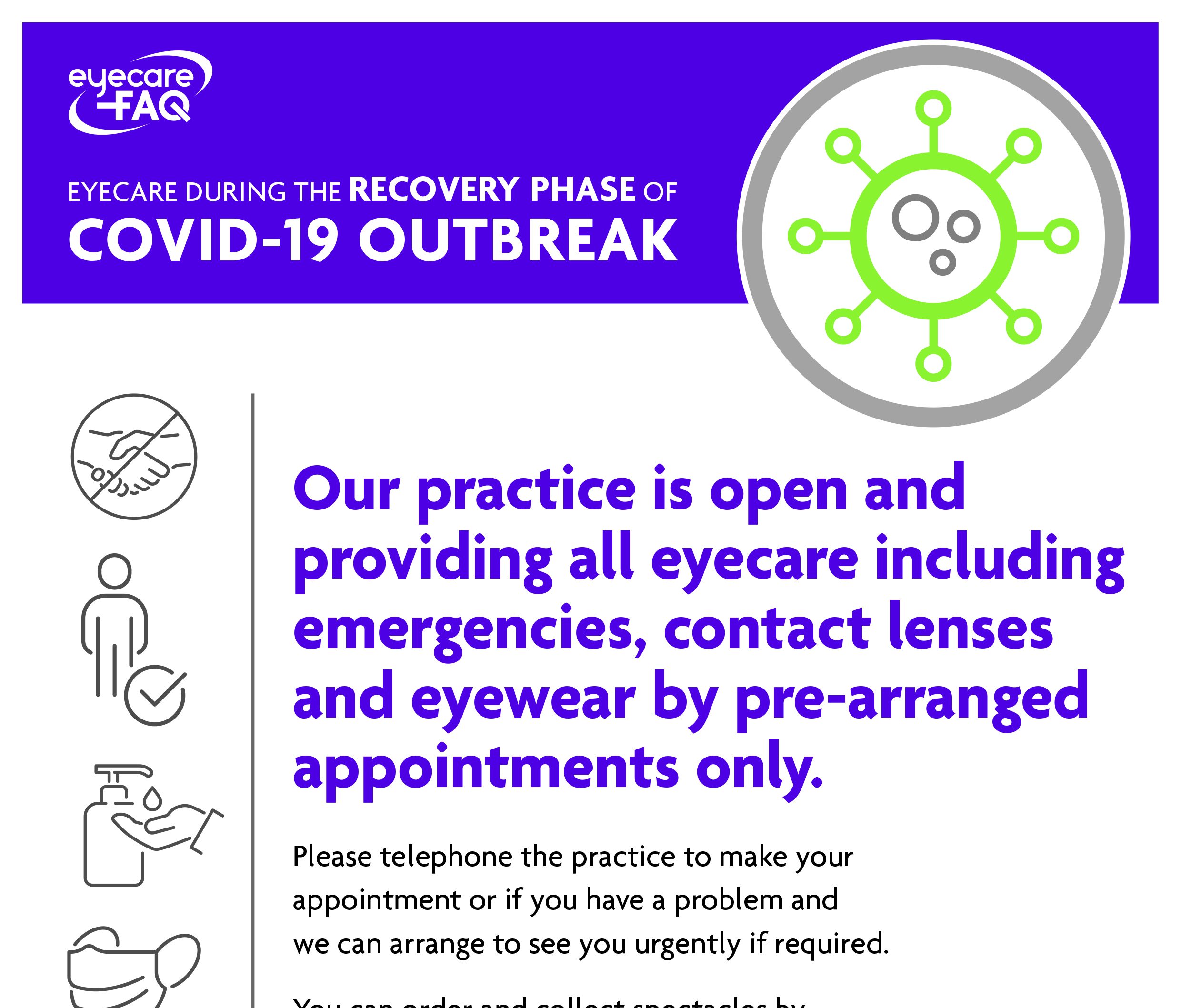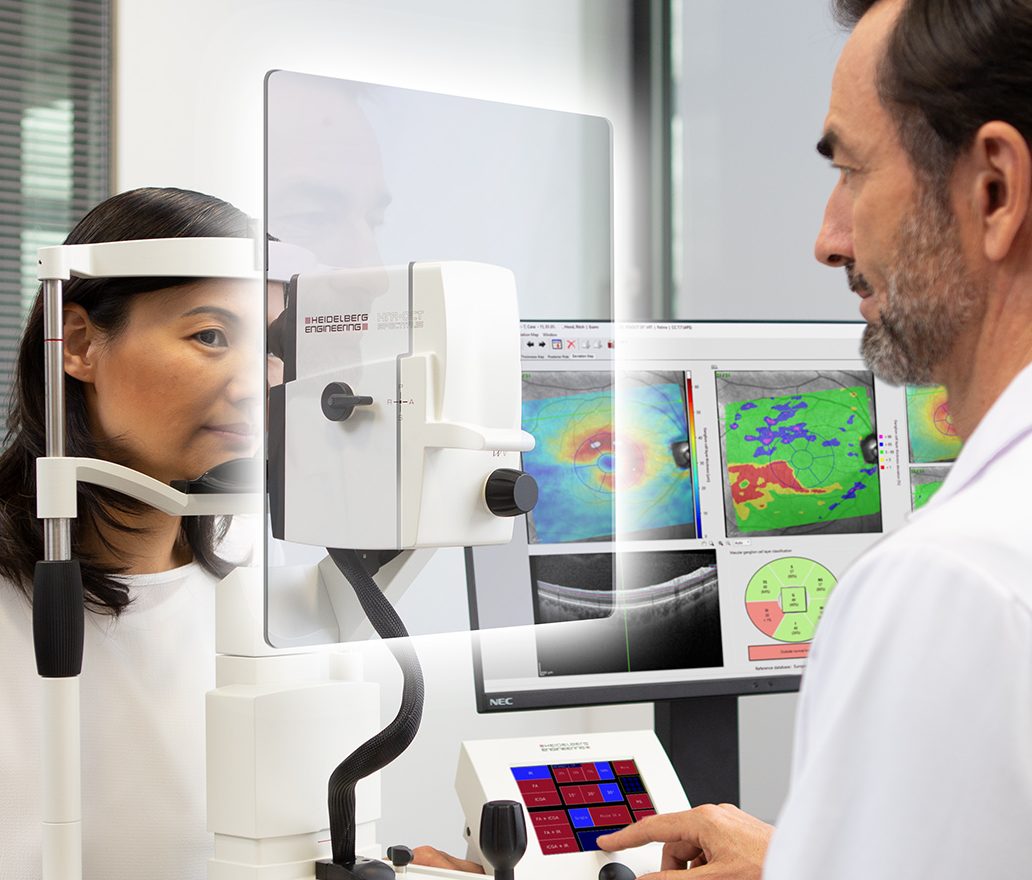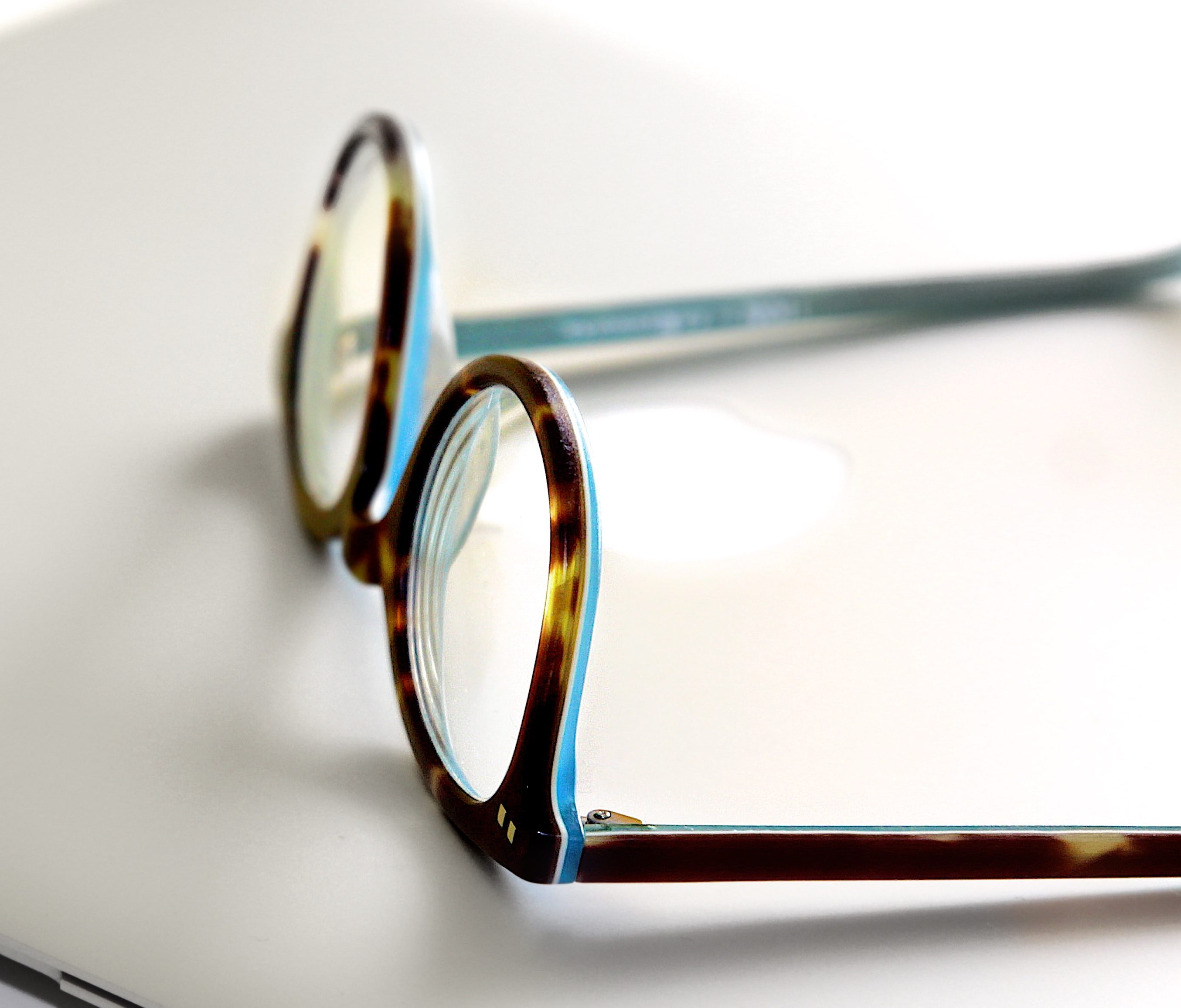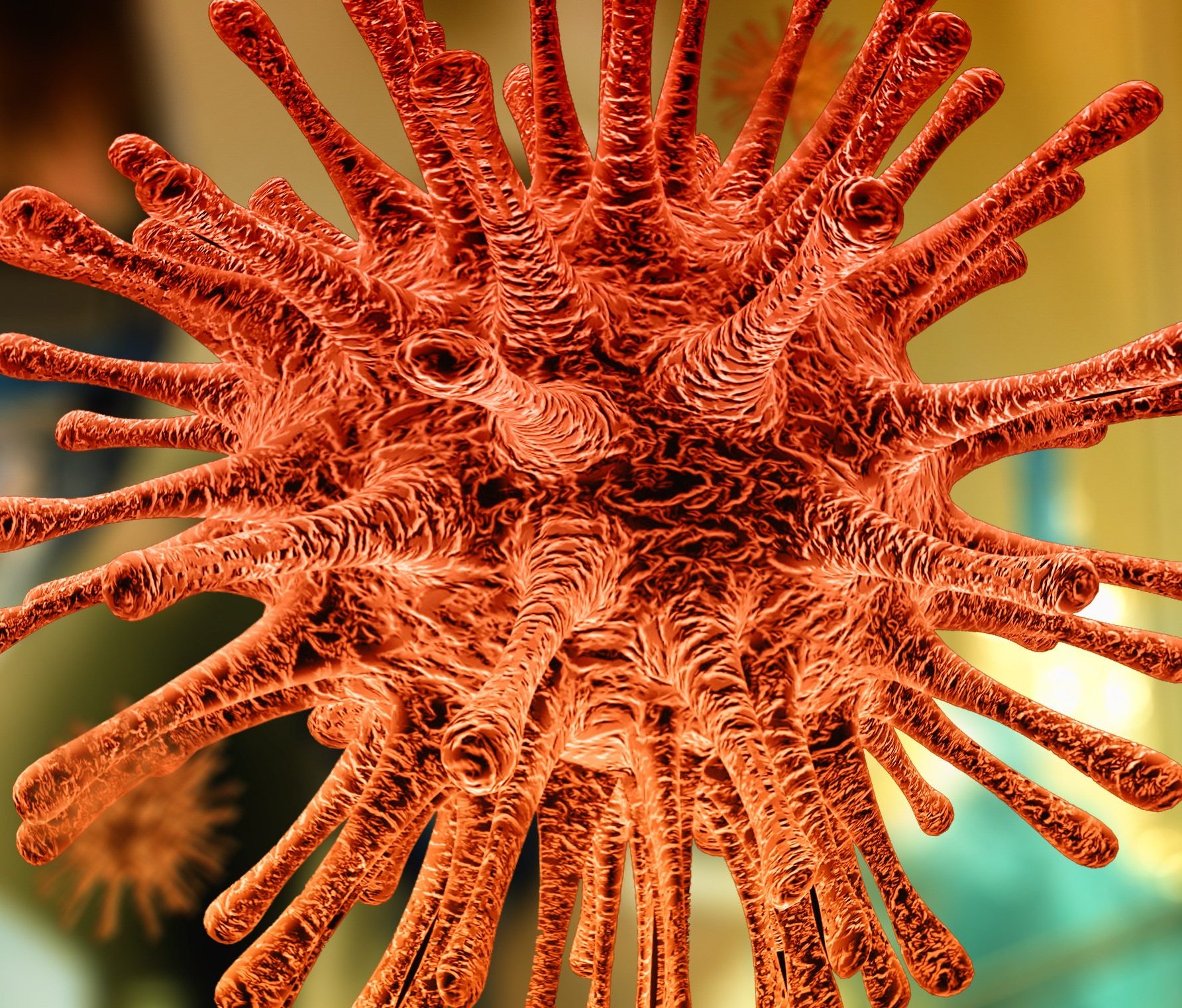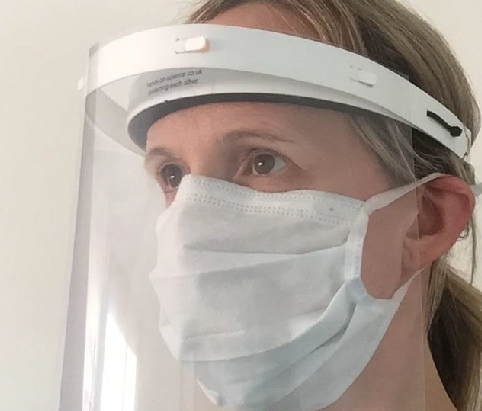
Further guidance on the provision of eyecare in the covid-19 recovery phase
Read the information below for more information and guidance on:
- optical practice cleaning
- air conditioning and ventilation
- spectacle dispensing
- contact lenses
Optical practice cleaning
- Based on the national public health and infection control guidance for health care settings as at the date of publication, we advise all optical practices to be disinfected with household bleach at the recommended dilution,* or equivalent cleaning products/antibacterial products, at the beginning and/or end of every day and that all test rooms and communal areas be disinfected after every patient.
* When using household bleach to disinfect surfaces, prepare 1-part bleach to 9-parts cold water, to create a disinfectant solution at 0.5% Sodium Hypochlorite. Ref: World Health Organisation
Ventilation/ air conditioning
- To date we are not aware of any evidence that air conditioning spreads covid-19.
- As of the date of publication, the advice on how the virus is spread by the World Health Organisation (WHO) is:
- People can catch covid-19 from others who have the virus. The disease spreads primarily from person to person through small droplets from the nose or mouth, which are expelled when a person with covid-19 coughs, sneezes, or speaks. These droplets are relatively heavy, do not travel far and quickly sink to the ground. People can catch covid-19 if they breathe in these droplets from a person infected with the virus. . These droplets can land on objects and surfaces around the person such as tables, doorknobs and handrails. People can become infected by touching these objects or surfaces, then touching their eyes, nose or mouth. This is why it is important to wash your hands regularly with soap and water or clean with alcohol-based hand rub.
- WHO is assessing ongoing research on the ways that covid-19 is spread and will continue to share updated findings
The UK Government has provided advice on offices and contact centres in relation to air conditioning:
Steps they say that will usually be needed:
- Most air conditioning systems do not need adjustment, however where systems serve multiple buildings or you are unsure, advice can be sought from your heating ventilation and air conditioning (HVAC) engineers or advisers.
- Check whether you need to service or adjust ventilation systems, for example, so that they do not automatically reduce ventilation levels due to lower than normal occupancy levels.
- Open windows and doors frequently to encourage ventilation, where possible.
Reference: https://www.gov.uk/guidance/working-safely-during-coronavirus-covid-19/offices-and-contact-centres
You can find more information on air conditioning from the HSE here: https://www.hse.gov.uk/coronavirus/equipment-and-machinery/air-conditioning-and-ventilation.htm
Spectacle dispensing
- When dispensing spectacles, where possible use digital measuring devices to limit the close contact with patients. For adult patients for whom you have previously dispensed spectacles, consider using previous pupillary distance (PD) measurements to reduce contact time.
- You may wish to take all necessary measurements so that you can adjust the frame when the spectacles are made up, to be able to post the spectacles to the patient once they are ready rather than make another appointment for them to come back to collect. If posting spectacles to patients, follow up with a phone call to make sure they fit properly.
- If a patient insists on a friend or family member giving them an opinion on the frames they have selected ask them to use video calling to limit the number of people in the practice
- All dispensing should be managed using appointments to control the number of patients in the practice at any given time. The dispensing optician and patient should sanitise their hands or use gloves before handling frames, try to limit the amount of frames touched by narrowing down to three or four options to try on for example. Make sure that frames are cleaned before being returned to the display stand.
- Sanitise frames before and after patients try them on using antibacterial cleaning products. Some manufacturers have provided guidance on how to clean their frames. UVC boxes, antibacterial wipes (which need to be alcohol free) and soap and water are being used but we advise practices to consult directly with frame manufacturers for advice specific to their products. ABDO is in the process of gathering manufacturer recommendations on cleaning which you will find here.
- There are various UVC machines available and manufacturers of these state that UVC is very likely to be effective when it can get to the pathogens on a surface. It has a good referenced history of being tested including against corona viruses, however members of the International Ultraviolet Association are working with other national standards organizations to develop disinfection testing standards. Due to the lack of uniform performance standards and the highly variable degree of research, development and validation testing that is performed on different devices, the IUVA urges caution when selecting equipment and to look for evidence of third party testing
Reference: http://www.iuva.org/IUVA-Fact-Sheet-on-UV-Disinfection-for-COVID-19
At the date of publication, there is no peer-reviewed evidence on the effectiveness of any particular model of UVC on spectacles frames and covid-19.
Contact lenses
- Practitioners should aim to minimise handling of contact lenses to go onto a patients eyes as much as possible. Best practice would be for the patient to insert and remove the lenses themselves to minimise the risk of cross contamination. Public Health guidance recommends the use of gloves. We recognise that sometimes gloves may hinder or restrict certain elements of clinical procedures therefore strict hand washing protocols must be followed before and after every patient, if gloves are not used. You can find the BCLA guidance on use of gloves here.
- We recommend following manufacturers’ guidance on the sterilisation of contact lens cases.
- Clinical judgement should be exerted on a case by case basis on how long you extend a contact lens check for patients. No timeframe has been set for this. It is expected that you will begin to recall patients based on risk factors, those who should have been seen during lockdown, and proceed from there in the provision of contact lens aftercare etc.
- We still await data evaluating the safety of daily disposable lenses compared to reusable lenses during the current situation. It is sensible to suggest that daily disposable lenses minimise hand contact with the lenses and hence potential risk of contamination.
- New fits and teaches can be provided under the provision of extended essential eyecare based on risk where a patient is now required to wear PPE e.g. safety spectacles but where possible only have the patient handle the lenses.
- Further information and guidance on contact lenses can be found on the British Contact Lens Association website.

